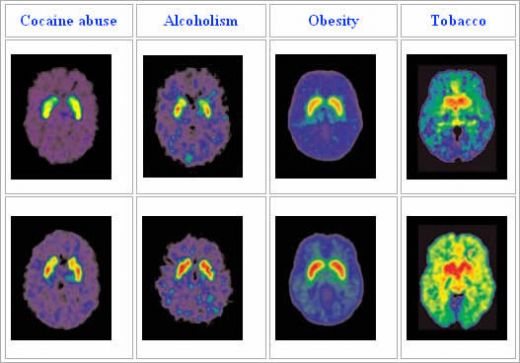The idea of a simple, cheap and widely available device that could boost brain function sounds too good to be true.
Yet promising results in the lab with emerging ‘brain stimulation’ techniques, though still very preliminary, have prompted Oxford neuroscientists to team up with leading ethicists at the University to consider the issues the new technology could raise.
Recent research in Oxford and elsewhere has shown that one type of brain stimulation in particular, called transcranial direct current stimulation or TDCS, can be used to improve language and maths abilities, memory, problem solving, attention, even movement.
Critically, this is not just helping to restore function in those with impaired abilities. TDCS can be used to enhance healthy people’s mental capacities. Indeed, most of the research so far has been carried out in healthy adults.
More details from Oxford Press Release
My Comment:
This research cuts to core of humanity: the capacity to learn. The capacity to learn varies across people, across ages and with illness. Enhancing the capacity to learn of children and adults, with impairments and without. The ability to learn is a basic human good. This kind of technology enables people to get more out of the work they put into learning something.
This is a first step down the path of maximizing human potential. It is a very exciting development. We need to control the release of the genie. Although this looks like a simple external device, it acts by affecting the brain. That could have very good effects, but unpredictable side effects. We should aim to do better than we have with the development of pharmaceuticals. We should learn from our mistakes over the last forty years.
Of course, as with any powerful technology, not only is there the possibility of great benefit, there is potential for misuse and abuse. This has been used in other experiments to improve ability to lie.
Read More »Transcranial Direct Current Stimulation: Fundamental enhancement for humanity?



